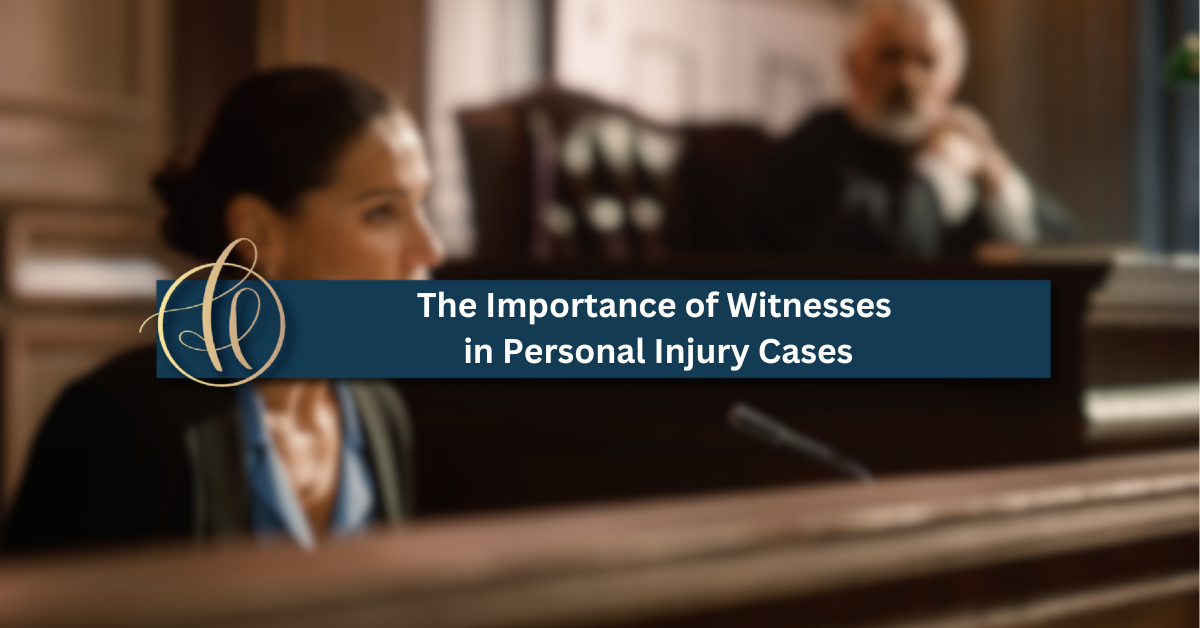Introduction:
Whiplash is often dismissed as a minor injury, but for many, its effects can last far longer than expected. In some cases, the pain and discomfort caused by whiplash persist for months or even years, significantly affecting a victim’s quality of life. At Martin A. Harvey & Co., we understand the long-term challenges faced by those who suffer from whiplash injuries and the importance of securing compensation to aid in recovery. In this post, we will explore the long-term effects of whiplash, what you can do if you’re suffering from these symptoms, and how to pursue compensation for your injury.
What Is Whiplash?
Whiplash is a neck injury caused by a rapid back-and-forth movement of the head, similar to the motion of cracking a whip. This motion can damage the soft tissues in the neck, including muscles, ligaments, and tendons. Whiplash is commonly associated with rear-end car accidents, but it can also occur in sports injuries, falls, or any situation where the neck is suddenly forced to move.
While some people recover from whiplash within days or weeks, others may experience lasting symptoms that require ongoing medical care and rehabilitation.
Long-Term Effects of Whiplash:
For many individuals, whiplash doesn’t end with a few weeks of soreness. In some cases, the effects can linger and even worsen over time. Here are some of the common long-term consequences:
- Chronic Neck and Shoulder Pain:
- One of the most common long-term effects of whiplash is chronic neck pain. This pain can extend into the shoulders, upper back, and even the arms, limiting mobility and causing significant discomfort.
- The pain can be constant or flare up with certain activities, making daily tasks difficult.
- Persistent Headaches:
- Many people with whiplash report ongoing headaches, often originating from the base of the skull and spreading towards the forehead. These headaches can resemble migraines and may be accompanied by nausea and sensitivity to light.
- In severe cases, these headaches become chronic, lasting for months or even years after the initial injury.
- Reduced Range of Motion:
- Whiplash can result in long-term stiffness in the neck and shoulders, limiting the range of motion. This can make it challenging to perform simple activities such as turning the head while driving or working on a computer.
- Cognitive and Psychological Effects:
- Some whiplash sufferers experience cognitive issues, such as difficulty concentrating, memory problems, or mental fatigue. These issues can affect work performance and everyday functioning.
- Additionally, the chronic pain associated with whiplash can lead to anxiety, depression, or sleep disturbances, further compounding the injury’s impact on overall well-being.
- Nerve Damage:
- In more severe cases, whiplash can cause nerve damage, leading to tingling, numbness, or weakness in the arms or hands. This occurs when the injury affects the spinal cord or pinches the nerves in the neck.
Steps to Claim Compensation for Whiplash Injuries:
If you’ve sustained a whiplash injury and are dealing with long-term effects, you may be entitled to compensation. Here’s how to pursue a claim:
- Seek Medical Attention Immediately:
- After an accident, it’s crucial to seek medical care right away, even if your symptoms seem mild at first. Whiplash symptoms can take hours or days to manifest fully, so early medical documentation is essential.
- Keep records of all doctor visits, treatments, and medical diagnoses related to your injury. This documentation will serve as crucial evidence in your personal injury claim.
- Follow Your Doctor’s Treatment Plan:
- Adhering to your prescribed treatment plan is not only important for your recovery but also for your legal case. If you fail to follow medical advice, the insurance company may argue that your injuries aren’t as severe as claimed, or that your condition worsened due to non-compliance.
- Treatments may include physical therapy, chiropractic care, pain management, or medication. Keep records of all treatments and any out-of-pocket expenses related to your care.
- Collect Evidence from the Accident:
- To strengthen your claim, gather as much evidence as possible from the accident scene. This includes photos of the vehicles (if the injury occurred in a car accident), damage, and the surroundings, as well as any witness statements or contact information.
- If the accident was reported to the police, request a copy of the police report. This document can be critical in proving liability.
- Prove Fault or Negligence:
- In personal injury claims, you must demonstrate that another party was at fault or acted negligently, causing your injury. For example, in a car accident, you’ll need to show that the other driver’s reckless behaviour, such as speeding or distracted driving, led to the collision and your whiplash.
- Your solicitor can help you gather and present evidence to prove fault, including witness statements, accident reports, and expert testimony.
- Keep a Personal Injury Diary:
- Maintaining a diary that documents your daily symptoms, pain levels, and how the injury affects your ability to work and perform everyday tasks can help provide insight into the long-term impact of your whiplash. This journal can be valuable when seeking compensation for pain and suffering.
- Consult a Personal Injury Solicitor:
- Navigating the personal injury claims process can be complex, especially when dealing with long-term injuries like whiplash. A skilled solicitor can guide you through the process, help gather evidence, negotiate with insurance companies, and ensure you receive fair compensation.
- At Martin A. Harvey & Co., we have extensive experience handling whiplash cases and can advocate on your behalf to ensure your rights are protected.
Types of Compensation You Can Claim:
In a whiplash claim, you may be entitled to various forms of compensation, including:
- Medical Expenses: This covers current and future medical bills related to your whiplash injury, including treatments, physical therapy, and medications.
- Lost Wages: If your whiplash has affected your ability to work, you may be entitled to compensation for lost income, including future earnings if you cannot return to work.
- Pain and Suffering: Compensation for the physical pain, emotional distress, and reduced quality of life caused by your whiplash injury.
- Rehabilitation Costs: Expenses related to long-term rehabilitation, such as physiotherapy, chiropractic care, or psychological counselling, can also be claimed.
Conclusion:
Whiplash might seem like a minor injury, but its long-term effects can be debilitating, impacting your ability to work, perform everyday tasks, and enjoy life. If you’ve suffered a whiplash injury, it’s important to take immediate action to protect your health and legal rights. At Martin A. Harvey & Co., we are dedicated to helping you secure the compensation you deserve for the full extent of your injuries. Contact us today for expert legal guidance and support in navigating your whiplash claim.


